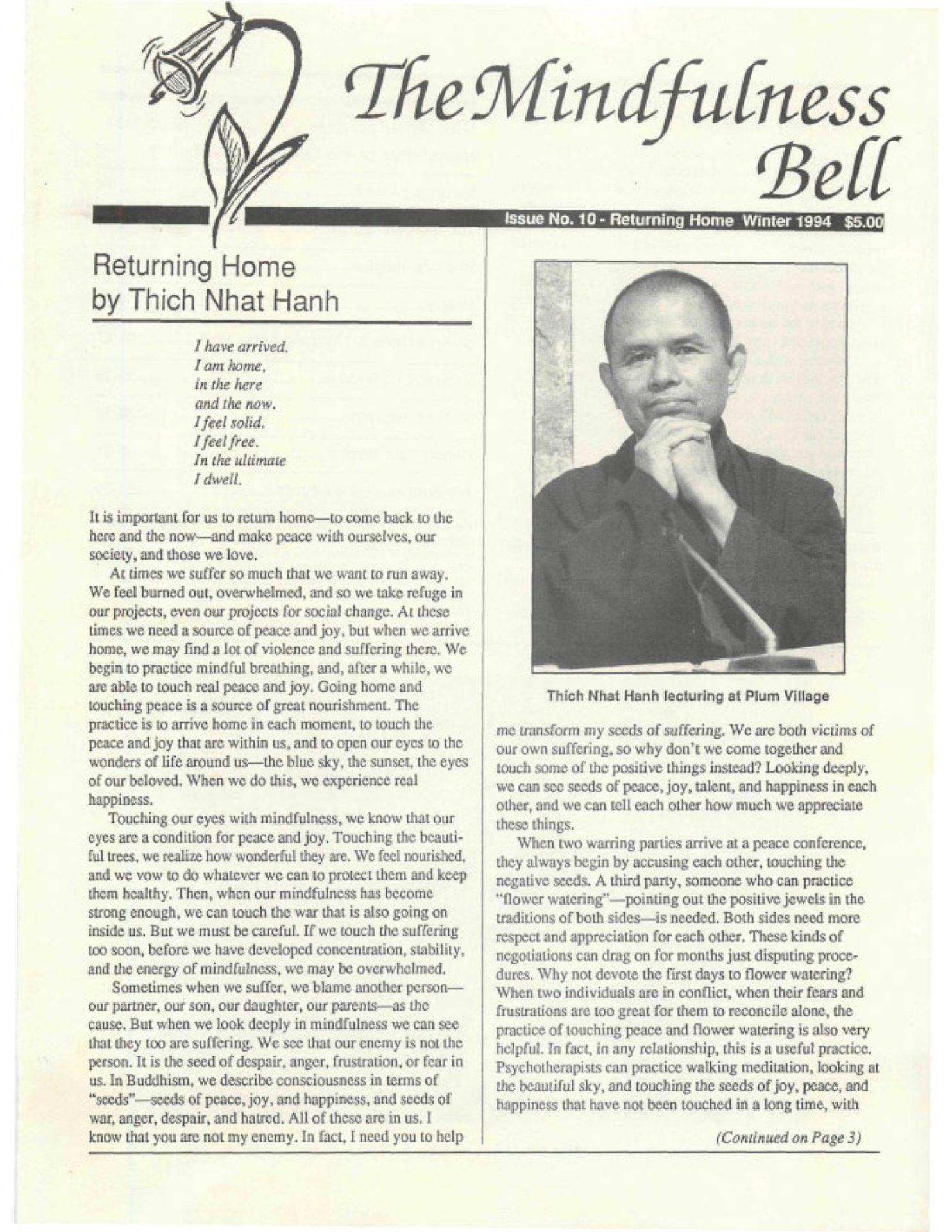Picture the person sitting next to you in class asking you about your ethnicity. You tell this person that your ethnic background is Chinese. Now picture this person proceeding to make almond eyes, speaking in an “Asian” voice, and making references to Ninjas. Hold on a minute. Ninjas are Japanese warriors, not Chinese. This is yet another common example of racial, ethnic, or cultural stereotyping. When it happens to you, you realize that it is not something to be overlooked. I consider myself Eurasian.
Picture the person sitting next to you in class asking you about your ethnicity. You tell this person that your ethnic background is Chinese. Now picture this person proceeding to make almond eyes, speaking in an "Asian" voice, and making references to Ninjas. Hold on a minute. Ninjas are Japanese warriors, not Chinese. This is yet another common example of racial, ethnic, or cultural stereotyping. When it happens to you, you realize that it is not something to be overlooked. I consider myself Eurasian. This is a rather broad term, but within it are individual, unique ethnic groups. Cultures differ greatly, and it is wrong to assume they are the same just because they happen to be in the same continent. Where does this tendency to clump groups of people together come from? Perhaps it is time for each one of us to learn not only about our own background, but about the unique aspects of other cultures, as well. To be aware of the diversity and respect the differences which make our lives so much more interesting. Native American oral historian Paula Underwood says that by moving from unity through diversity, one moves towards an enhanced unity. Recognizing differences between our cultures does not divide us but creates a greater awareness and appreciation of the whole. When we learn to respect different cultures, including our own, for what they are, we can see how each beautifies and enriches our lives.
Emily Ho, age 15, is managing editor of her high school newspaper The Statesman, where this essay first appeared, and lives in San Antonio, Texas.

